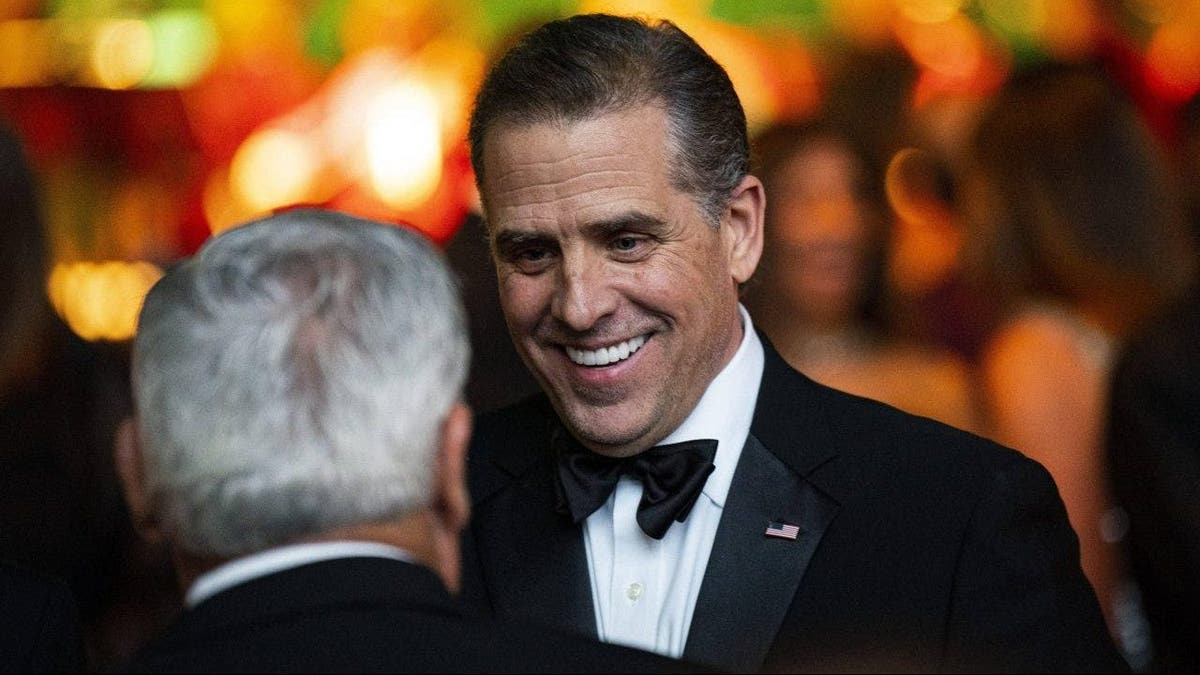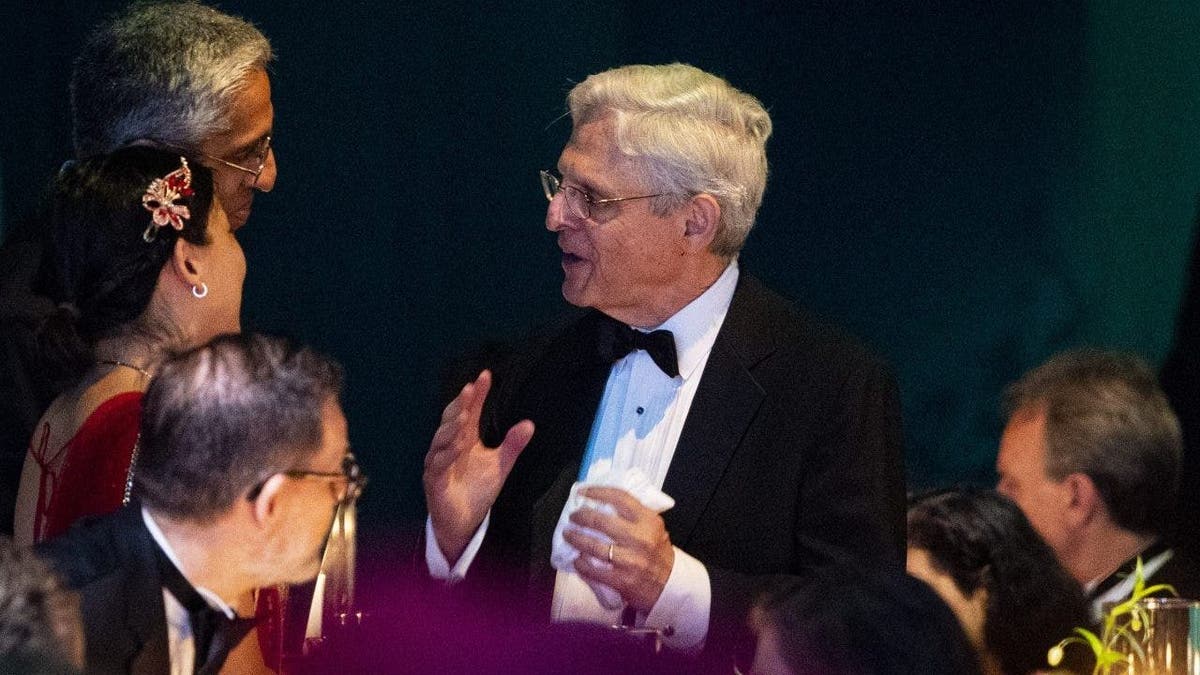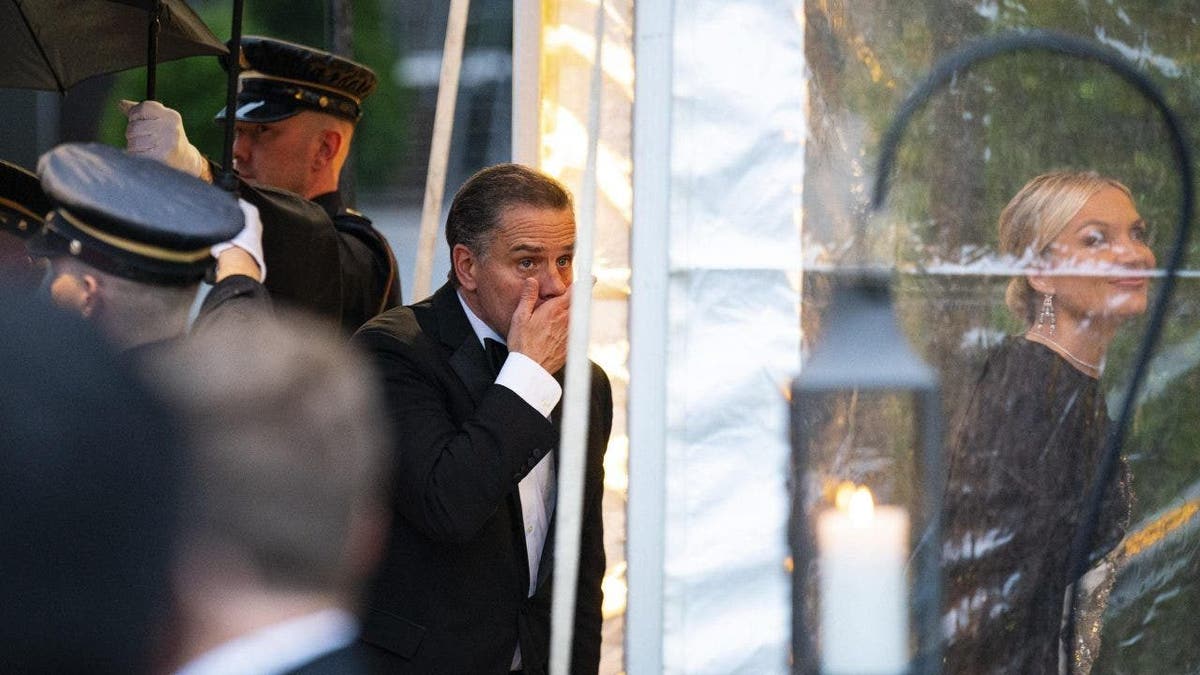President Biden's son, Hunter Biden, was present at the White House state dinner honoring Indian Prime Minister Narendra Modi on Thursday. This appearance coincided with the presence of Attorney General Merrick Garland and followed closely on the heels of Hunter Biden's agreement to plead guilty to two federal misdemeanor tax charges and enter a pretrial diversion agreement for a separate felony gun charge. The plea agreement, which involves admitting to willful failure to pay federal income tax, still requires judicial approval.

The timing of the dinner is notable, occurring just hours after House Republicans unveiled testimony from two IRS whistleblowers alleging interference by the DOJ, FBI, and IRS in the Hunter Biden investigation. One whistleblower, IRS Criminal Supervisory Special Agent Gary Shapley Jr., claimed that Assistant U.S. Attorney Lesley Wolf cited "optics" as a key factor in deciding whether to search President Biden's Delaware residence in connection with the investigation. These developments have fueled questions surrounding the perceived leniency of Hunter Biden's penalties.

Senator Rick Scott has called on Garland to provide a comprehensive explanation for the plea deal, contrasting it with other cases involving similar charges that resulted in harsher penalties. Scott highlighted the disparity between Hunter Biden's expected avoidance of prison time and the potential prison sentences faced by others in comparable situations, including a Virginia mother facing up to 24 months for firearm possession while using controlled substances and actor Wesley Snipes' three one-year sentences for tax-related offenses. This plea agreement, Scott argues, exemplifies a two-tiered justice system under Garland's leadership. He demands to know what message the public should take from the outcome of the five-year investigation and the leniency shown to the president's son.

Comments(0)
Top Comments